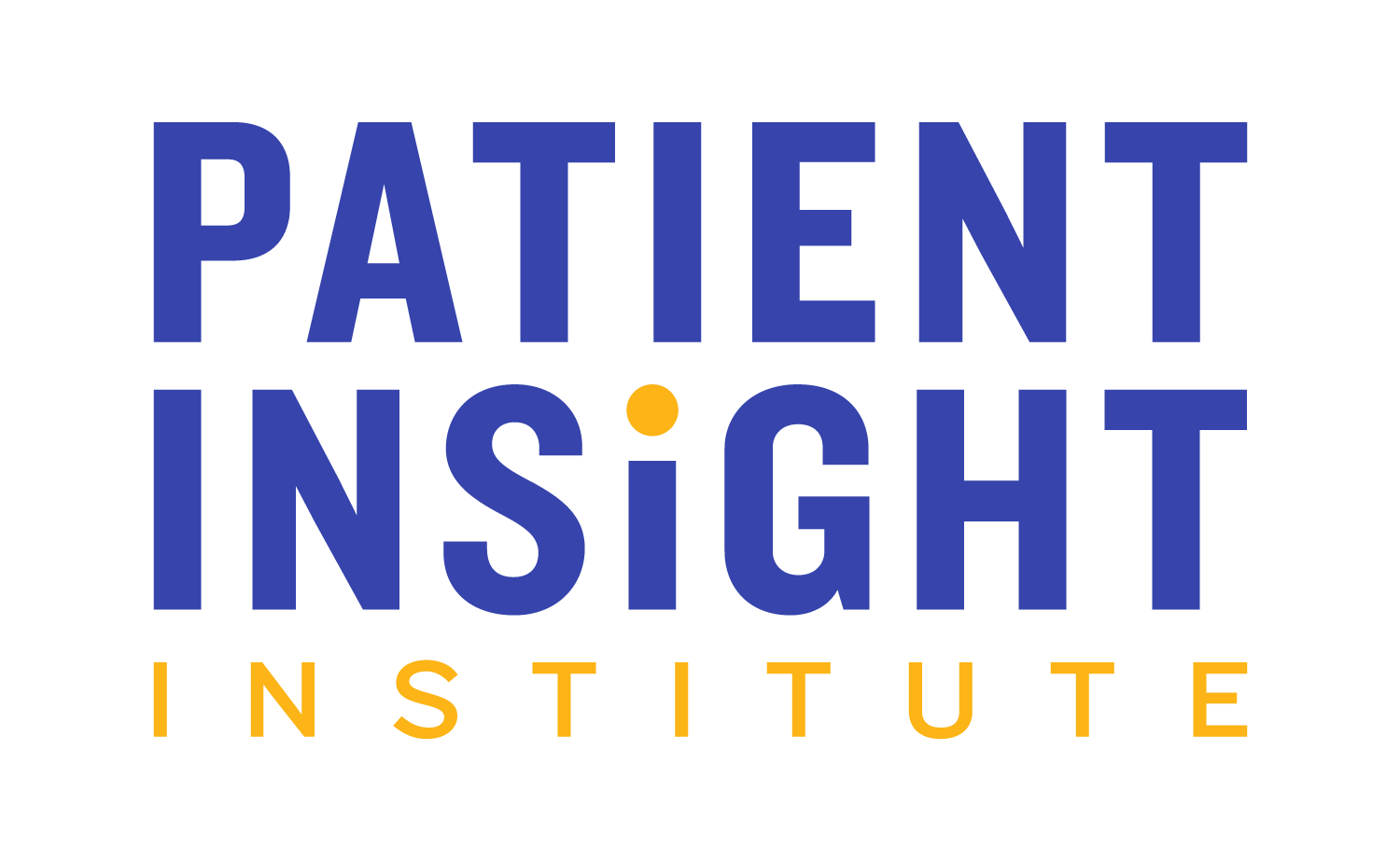Healing Through Research
Christine Nguyen
Patient Insight Institute Intern
July 12, 2024
Growing up, I was keenly aware of the shadow cancer cast over my family. When I was three, my grandfather passed away from colon cancer, but my memories of him are only ones filled with joy. However, cancer's presence persisted throughout my childhood. When I was 10, my uncle Brian was diagnosed with glioblastoma. I watched him attend numerous radiology appointments and undergo extensive chemotherapy treatment. As scary as this was, I felt reassured that he was in capable hands. He passed away when I was 17, but I attribute his several years of remission to the dedication of doctors, cutting-edge research, and our family’s unwavering support.
Cancer has continued to touch my family's life since. One of my aunt’s battled thyroid cancer, and another cervical cancer. Thankfully, both underwent early screening and treatment. Both of my aunts have been in remission for over a decade, and these experiences deeply influenced my understanding and appreciation of early detection, access to healthcare, and provision of comprehensive support services.
I have learned that every diagnosis, treatment, and glimmer of hope, whether for cancer or any other illness, not only affects the patient, but also their families. My family’s story is the driving force behind my pursuit of a career in public health research and practice.
My ongoing studies and time at PAF allow me to contribute to knowledge that enhances early detection, develops effective prevention strategies, and improves support for cancer survivors – from the point of diagnosis through remission. I have seen first-hand how survivors and their families endure physical, emotional, and psychological challenges, and how they need culturally tailored research and services that address language, financial, and all other access barriers.
Cancer continues to be a presence in my life, but it has transformed from a source of pain into a powerful motivation. My family and the survivors I’ve met inspire me, reminding me that research must see beyond numbers. Each statistic represents a person with a unique story, and it’s these stories that should propel us to drive meaningful change in our healthcare system.


